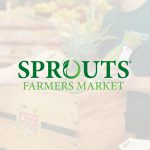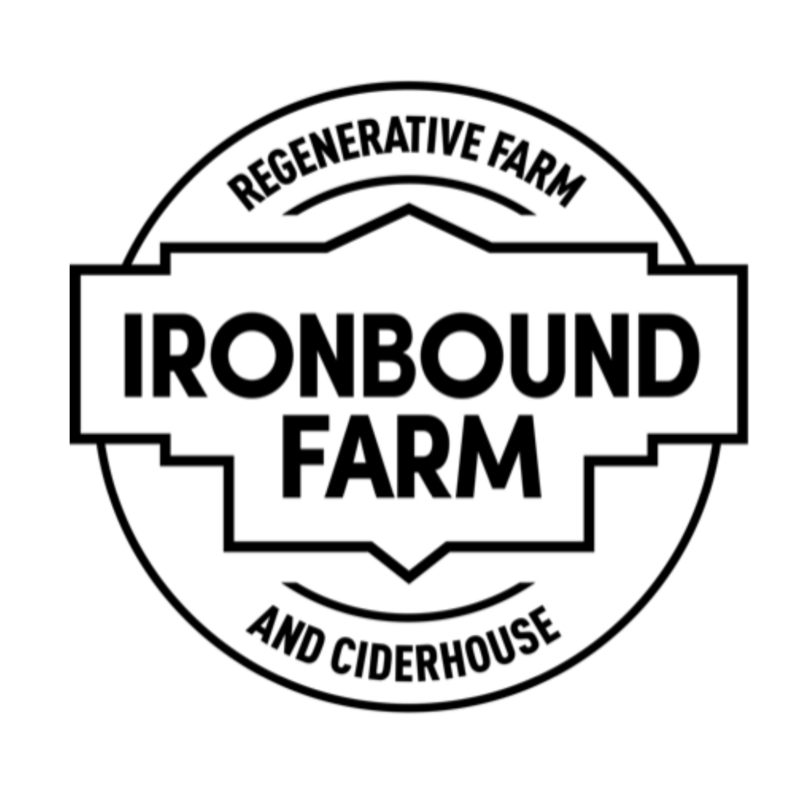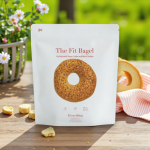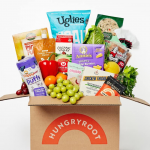Plonts Bets on Microbes to Crack the Code on [Stinky] Plant-Based Cheese
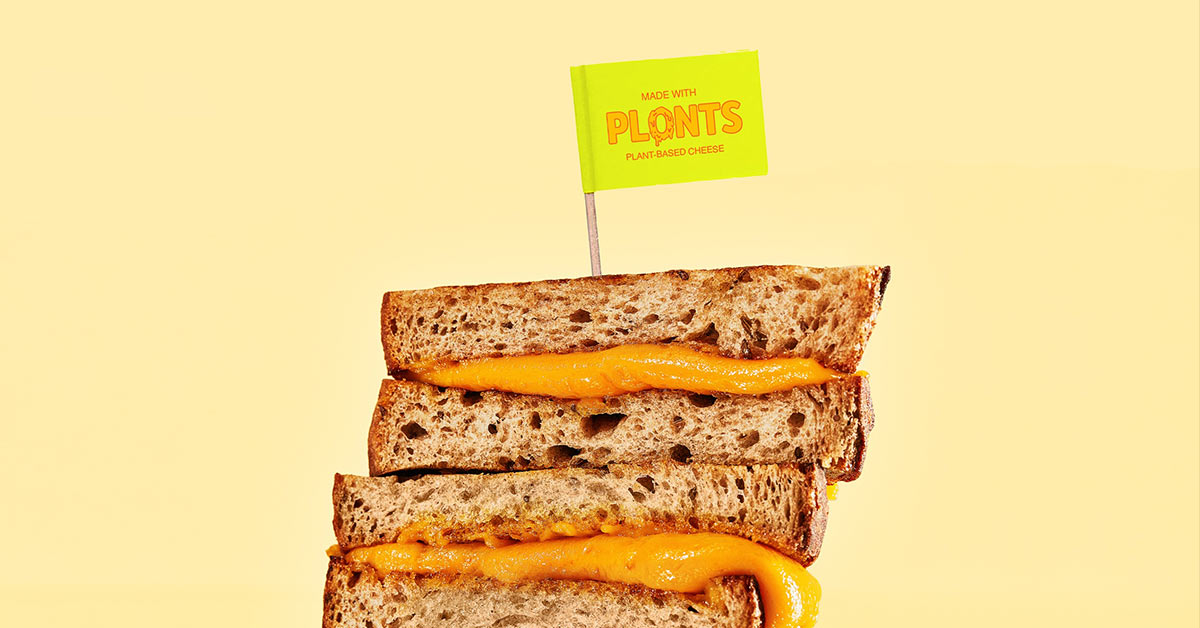
Dairy cheese stinks, literally. Plant-based cheese (typically) doesn’t. That’s why category newcomer Plonts is seeking to crack the code by using microbes to achieve crowd-appealing taste, texture and smell.
This week, the Oakland, Calif.-based brand is debuting its soy milk-based cheddar product – offered in block and sliced form – in a slew of foodservice outlets in New York City and San Francisco. Partner restaurants include S&P Deli, Court Street Grocers, Moongate Lounge and Shuggie’s.
“I think New York City is the best food city in America, and in San Francisco – that’s where we are – the food is also great and it’s logistically a little bit easier than NYC. We felt like we could handle two [cities] at once to begin with, and hopefully, we’ll be expanding from there,” said co-CEO Josh Moser.
Founded in 2019, Plonts (formerly known as Tezza Foods) is the brainchild of Nathaniel Chu, who began making cheese in his basement at the end of his PhD program studying the gut microbiome. Chu – a self-proclaimed cheese lover – created the brand after learning cheese is the third most resource-intensive food in the U.S. after beef and lamb.
During the years-long R&D process, which began in the corner of a Bay Area pizza shop, Chu worked to design the right microbial communities to convert the proteins, fats and carbohydrates of plant-based ingredients into a compelling product through fermentation.
“All of these cheesy flavors we love don’t come from milk, which is bland, they come from the interaction of microbes with those proteins and fats. I started thinking that we could find the right microbes to pair with the right types of more sustainable ingredients and still achieve that rich, delicious flavor,” said Chu.
To launch the brand, Plonts raised a $12 million seed round in 2022 led by Chris Saccas’ Lowercarbon Capital with participation from Accelr8, Pillar, Ponderosa Ventures and Peter Rahal’s Litani Ventures. The capital was used to open Plonts’ pilot plant on the West Coast, build up its team (which now has over 10 people) and continue its research efforts.
While an influx of players has crowded the alternative meat and dairy markets, the plant-based cheese segment has remained relatively untapped, accounting for less than 0.5% of the total cheese category’s pound sales, according to the Good Food Institute (GFI). Additionally, plant-based cheese dollar sales were down 3% and pounds were down 6% in 2023.
Other brands seeking to grow the category include artisan alt-dairy makers like RIND, Miyoko’s Creamery and wildCREAMERY as well as more mainstream producers like Daiya and Violife.
In-House Operations
Plonts produces all of its products in-house at its 10,000 sq. ft. Oakland facility. According to Moser, roughly half of the space is dedicated to the company’s manufacturing processes, and he foresees producing everything there “for a while.”
“In addition to allowing us to produce ourselves, [the facility] allows us to learn as we produce. As far as we’re aware, nobody else is really doing this,” he said.
The company’s plant-based cheese-making process is similar to that of traditional cheese. Plonts starts with (plant-based) milk that is coagulated to separate out the curds. The microbes are added to the cheese before aging—then they ferment the cheese as it ages.
Plonts’ approach to plant-based cheesemaking gives its products approximately half the protein of dairy cheese, which, according to Chu, is “significantly” more than typical plant-based cheese. Though the company landed on a soy milk base for its first product, Plonts claims its process can be used for many different types of plant-based ingredients.
Scaling Up
U.S. consumers are shifting more of their food expenditures to foodservice environments, per GFI, making the channel a high priority for companies to engage with early on and often.
“We were pretty confident that the existing plant-based cheeses were not meeting consumer expectations, and we wanted to make it very clear that ours was different instead of being yet another SKU that sits on the grocery shelf,” said Moser.
Chu and Moser say the timing of Plonts’ retail launch will be dependent on market signals.
As Plonts ramps up its production capacities, it plans to talk with retailers about the demand level for the plant-based cheeses they already carry. The brand’s caution is rooted in the fact that, according to Moser, consumers aren’t purchasing plant-based cheese products in retail, and the repeat rate is extremely low because the existing products aren’t satisfactory.
To raise brand awareness, Plonts is using humor to bring attention to a serious issue: cows are responsible for more greenhouse gas emissions than global aviation and are the world’s leading cause of deforestation. The brand today launched a video with comedian Kate Berlant parodying the conundrum of an individual taking small actions to help combat climate change.
“Plonts hopes that by not taking this problem and themselves too seriously, people will do the opposite. If reverse psychology doesn’t work out, they hope people will just eat some cheese,” said the brand in today’s announcement.


